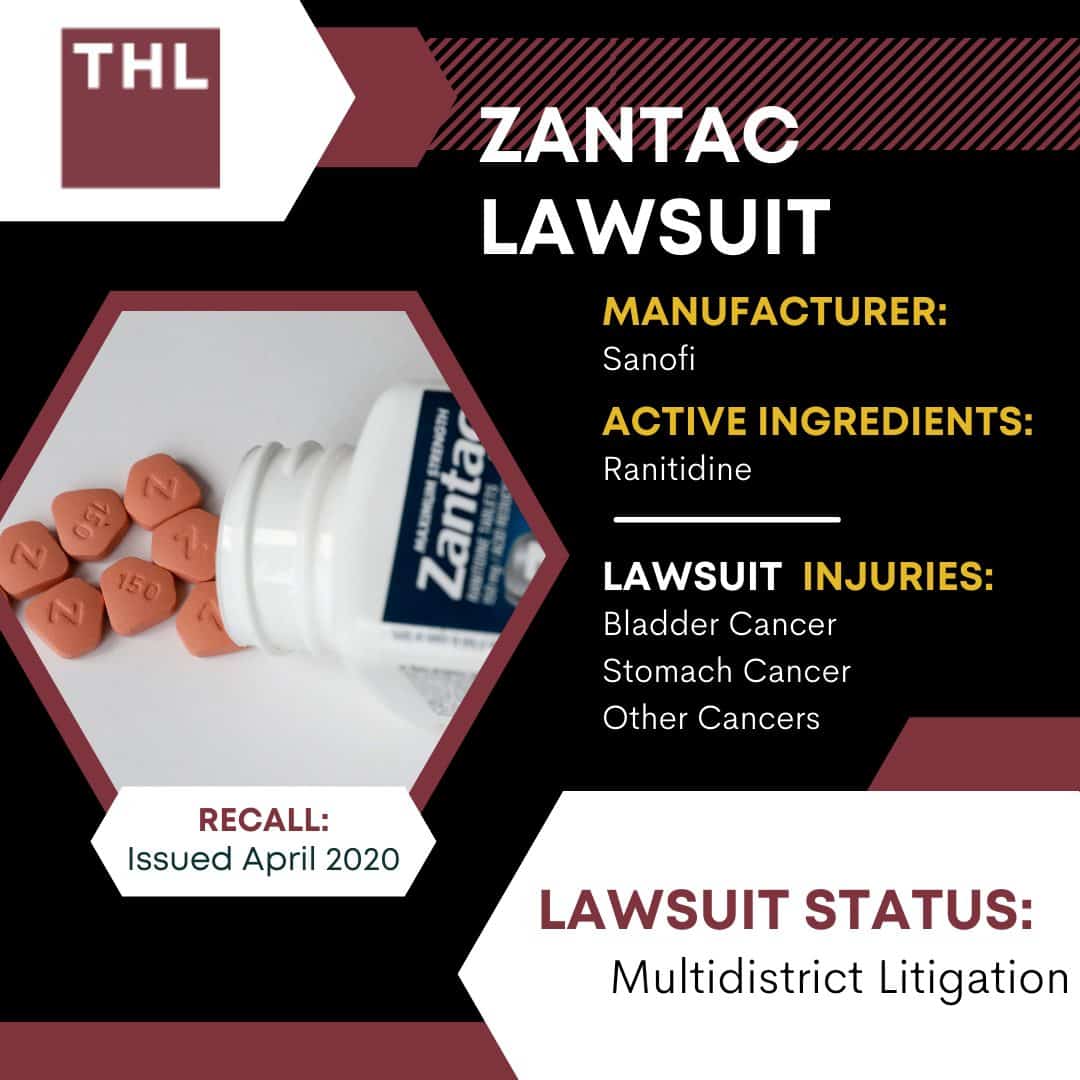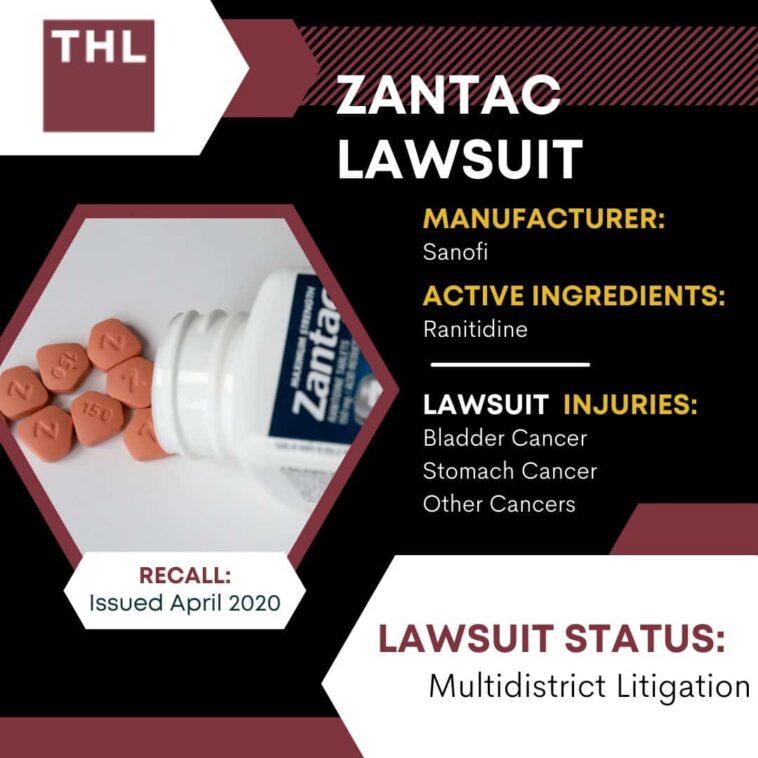
Analysis of US Supreme Court’s Decision on Compounded Prescription Drugs
Background
In July 2023, the US Court of Appeals for the Ninth Circuit ruled in favor of Fagron Compounding LLC, a drugmaker accused of violating state consumer protection laws by selling unapproved compounded prescription drugs. The decision overturned a district court ruling in favor of Hope Medical Enterprises Inc., which brought the lawsuit against Fagron.
The US Supreme Court’s Decision
Hope Medical Enterprises Inc. appealed the Ninth Circuit’s decision to the US Supreme Court, but the nation’s highest court declined to review the case. This means that Fagron’s sales of compounded drugs that lack approval from the Food and Drug Administration (FDA) are not considered unfair or unlawful.
Legal Implications
The US Supreme Court’s decision has significant implications for the regulation of compounded drugs. Compounded drugs are customized medications that are made by mixing FDA-approved drugs with other ingredients to meet a patient’s specific needs. However, compounded drugs are not subject to the same regulatory standards as FDA-approved drugs, which has led to concerns about their safety and efficacy.
Consumer Protection Laws
The US Supreme Court’s decision has also raised questions about state consumer protection laws. According to reports, several states have laws that prohibit the sale of compounded drugs that are not FDA-approved. However, Fagron’s victory in this case suggests that such laws may be difficult to enforce.
Impact on the Pharmaceutical Industry
The US Supreme Court’s decision is also likely to have implications for the pharmaceutical industry. Compounded drugs are a growing market, with some estimates suggesting that the global compounded drugs market could be worth over $14 billion by 2025. Drugmakers that specialize in compounded drugs may see increased demand as a result of the US Supreme Court’s decision.
Conclusion
The US Supreme Court’s decision not to review the case between Hope Medical Enterprises Inc. and Fagron Compounding LLC has significant implications for the regulation of compounded drugs. The decision suggests that compounded drugs are not subject to the same regulatory standards as FDA-approved drugs and raises questions about the enforceability of state consumer protection laws. The decision is also likely to have implications for the pharmaceutical industry, particularly for drugmakers that specialize in compounded drugs.
Originally Post From https://news.bloomberglaw.com/pharma-and-life-sciences/high-court-denies-review-on-drug-compounding-competition-suit


